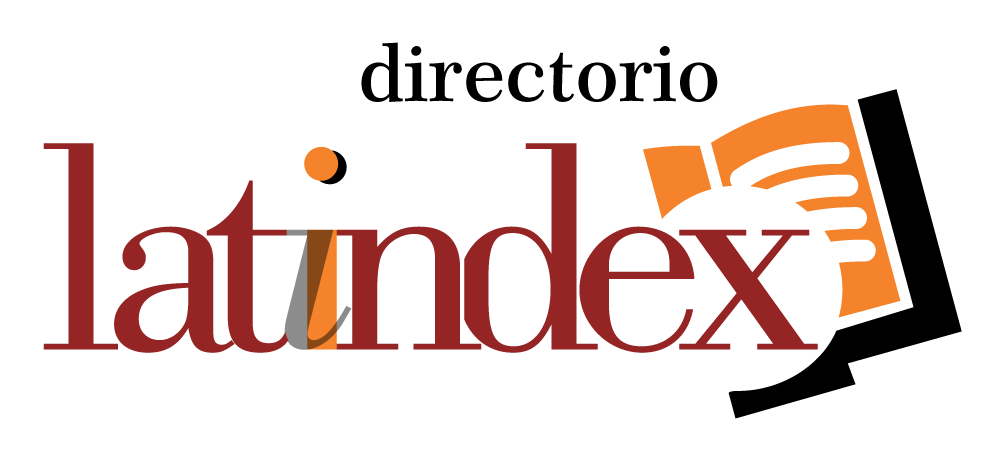The integral value of breastfeeding in public health
DOI:
https://doi.org/10.56294/nds2024129Keywords:
breastfeeding, nutrition, maternal-infant bonding, public health, sustainabilityAbstract
Introduction: Breastfeeding was presented as one of the most significant practices in the history of public health and infant nutrition. It was recognized not only for its biological and nutritional contributions, but also for its cultural, emotional and social dimension. Over time, its role in the survival of the newborn, in the consolidation of the mother-child bond and in the promotion of integral wellbeing was highlighted. However, difficulties related to myths, lack of knowledge and sociocultural barriers that limited its continuity and effectiveness were also identified.
Development: The analysis showed that breastfeeding guaranteed unique nutrients and essential immunological defenses for the baby, while strengthening the mother's physical and emotional health. It was observed that this process was mediated by hormonal factors such as oxytocin and prolactin, which favored both milk production and emotional attachment. In addition, it was documented that the practice of breastfeeding contributed to the family economy and environmental sustainability. However, frequent problems such as cracked nipples, the perception of low milk production and erroneous beliefs were highlighted, which generated early interruptions and the incorporation of artificial formulas.
Conclusions: It was concluded that breastfeeding transcended the biological to become an integral phenomenon involving health, culture and emotions. Its benefits encompassed nutritional, immunological, psychological, economic and environmental dimensions. At the same time, it became evident that its practice depended on adequate professional support, education for mothers and sociocultural and labor support. Finally, it was affirmed that guaranteeing breastfeeding as a right and protected practice was essential for maternal and child well-being and sustainable social development.
References
1. Bandura A, Walters RH. Aprendizaje social y desarrollo de la personalidad [Internet]. 1963. Disponible en: http://www.soyanalistaconductual.org/aprendizaje_social_desarrollo_de_la_personaliad_albert_bandura_richard_h_walters.pdf
2. Bautista M, Pérez A, Rodríguez L. Conocimientos y actitudes sobre la lactancia materna en madres. 2017.
3. Delgado A. Lactancia materna: cómo mantenerla y aumentarla. Madrid: Aula Magna Proyecto Clave McGraw Hill; 2019.
4. Estrella. Actividades por la semana de la lactancia materna [Internet]. 2022 ago 3. Disponible en: https://www.lahora.com.ec/santo-domingo/actividades-por-la-semana-de-la-lactancia-materna-2/
5. Gómez L, Ramírez P, Sánchez M. Propuesta de intervención educativa sobre lactancia materna exclusiva para las gestantes adolescentes. Rev Cubana Aliment Nutr. 2022.
6. Guachizaca Sanmartin M, Paredes L, Rojas C. Conocimientos y prácticas de lactancia materna en mujeres con hijos lactantes atendidas en el Centro de Salud Universitario de Motupe. Dialnet; 2023.
7. Hernández A. Manual para la enseñanza práctica de la salud sexual y reproductiva. Madrid: Elsevier; 2023.
8. Lioska. Actividades por la semana de la lactancia materna [Internet]. 2022 ago 3. Disponible en: https://www.lahora.com.ec/santo-domingo/actividades-por-la-semana-de-la-lactancia-materna-2/
9. Lucchini C, Márquez F. Lactancia materna. Santiago de Chile: Ediciones Universidad Católica de Chile; 2015.
10. Martínez J, Pérez J. Efectividad de una intervención educativa sobre el nivel de conocimiento de lactancia materna en gestantes. INFOMED; 2021.
11. Ñaupas H, Mejía E, Novoa A, Villagómez A. Metodología de la investigación cuantitativa - cualitativa y redacción de la tesis. Bogotá: Ediciones de la U; 2014.
12. Organización Mundial de la Salud. Amamantar y trabajar: ¡hagamos que sea posible! [Internet]. Ginebra: OMS; 2021 [citado 2025 sep 12]. Disponible en: https://www.who.int/es
13. Paredes Juárez A, Hernández G, Morales M, García L. Conocimiento y práctica sobre lactancia materna de mujeres primigestas derechohabientes de una Unidad de Medicina Familiar. Rev Enferm Inst Mex Seguro Soc. 2018.
14. Restrepo M, Gómez L, Arango A, et al. Alimentación y nutrición de la mujer en etapas de gestación y lactancia. Medellín: Universidad de Antioquia; 2021.
15. Rivera L, Talayero P. Manual de lactancia materna. Buenos Aires: Editorial Médica Panamericana; 2015.
16. Rodríguez LE. Conocimientos, actitudes y prácticas sobre lactancia materna en minorías étnicas colombianas. Nutr Clin. 2021.
Published
Issue
Section
License
Copyright (c) 2024 Ruth Elizabeth Calderón Landívar , Evelyn Gabriela González Sánchez , María Fernanda Junco Condoy , Jenrry Fredy Chávez-Arizala (Author)

This work is licensed under a Creative Commons Attribution 4.0 International License.
The article is distributed under the Creative Commons Attribution 4.0 License. Unless otherwise stated, associated published material is distributed under the same licence.





